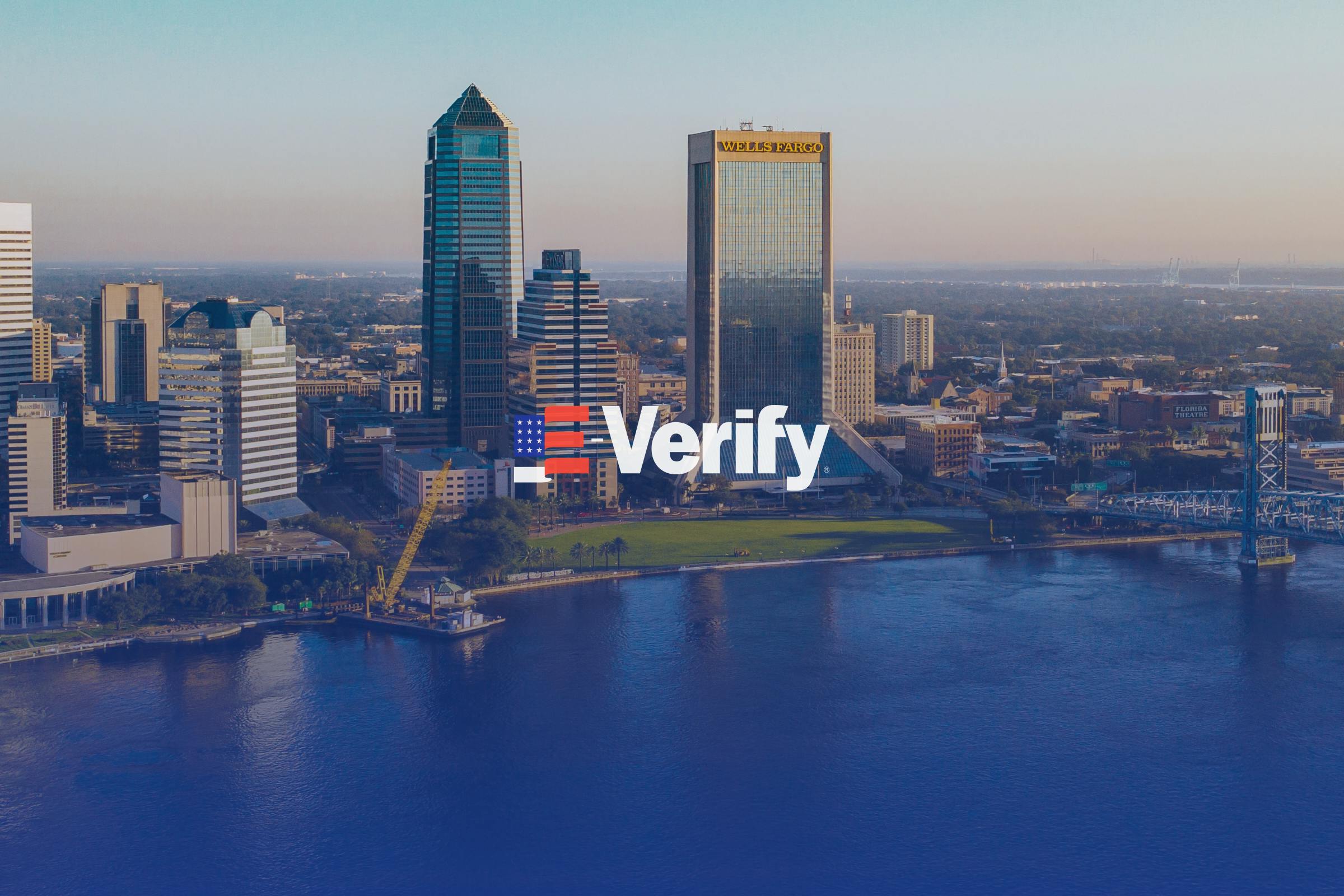There has been a lot of news coverage recently surrounding green cards, legal permanent residence, and of course deportation. Visa2us helps clients secure their green card, and by doing so allows immigrants a chance at a better and more equitable life inside the United States. The Visa2us application platform has been carefully built to help clients understand key questions in their green card applications, naturalization applications, and much more. And while these questions are posed by the Visa2us platform are important for the application process, they are also important for life after having received a green card in the United States. This blog should help demystify some of the common issues that surround being a green card holder in the United States.
1. Your Green Card Can be Revoked
Although the Biden Administration is making it tougher for immigration authorities to automatically revoke a non-citizens green card, it can still be revoked, as being an LPR is not equivalent to U.S. citizenship. Some of the ways that green card holders can get into trouble are often small and don’t seem like big deals at the time. For example, if you are a legal permanent resident and signing a contract for a housing agreement, you or your spouse should not sign your name attesting that you are a U.S. citizen. The USCIS could find out and determine this as an incident of “fraud”. The department of justice would also uphold such a fraud ruling if the case was appealed.
Additionally, green card holders should know that most of their green cards will be approved for periods of 10 years. This means that you should not leave the U.S. during the immediate period before you need to apply for a new green card. It also means that if you are issued a two year conditional green card, you should be aware that the period for renewal (for a permanent green card) will come up quickly. If you overstay your existing status without filing for a replacement green card, you will have to deal with the possibility of “abandonment”, which is a serious issue according to U.S. immigration law.
2. Violation of Non-Immigrant Status
So far under the Biden Administration, nothing has been changed in terms of the dual-intent doctrine. This doctrine states that if you come to the United States on a non-immigrant visa, you have also intended to leave the United States once that visa expires. Thus, it is still very difficult to file an adjustment of status application if you are an H1-B holder, as you will most likely get denied because of this reasoning.
However, the USCIS still has in effect the 90 day rule for temporary visa holders. This rule essentially says that a visa grantee can within 90 days of arriving in the United States file for an adjustment of status under the condition that they “originally misrepresented their intentions”. This is an uphill battle to convince the USCIS to grant the immigrant a green card in this situation, and in general a risky procedure.
3. Your Green Card Might Affect Job Application
While this issue doesn’t come up very often, it is still a possibility that green card holders will have tougher chances in interviews and applying for jobs in the U.S. job market as opposed to U.S. citizens. So many companies today clearly state they are equal opportunity employers, but generally organizations don’t need to give explicit reasoning if they decide to pick one candidate over another. Green card holders should do everything they can to be competitive applicants, but should also be aware of biases within certain sectors.














